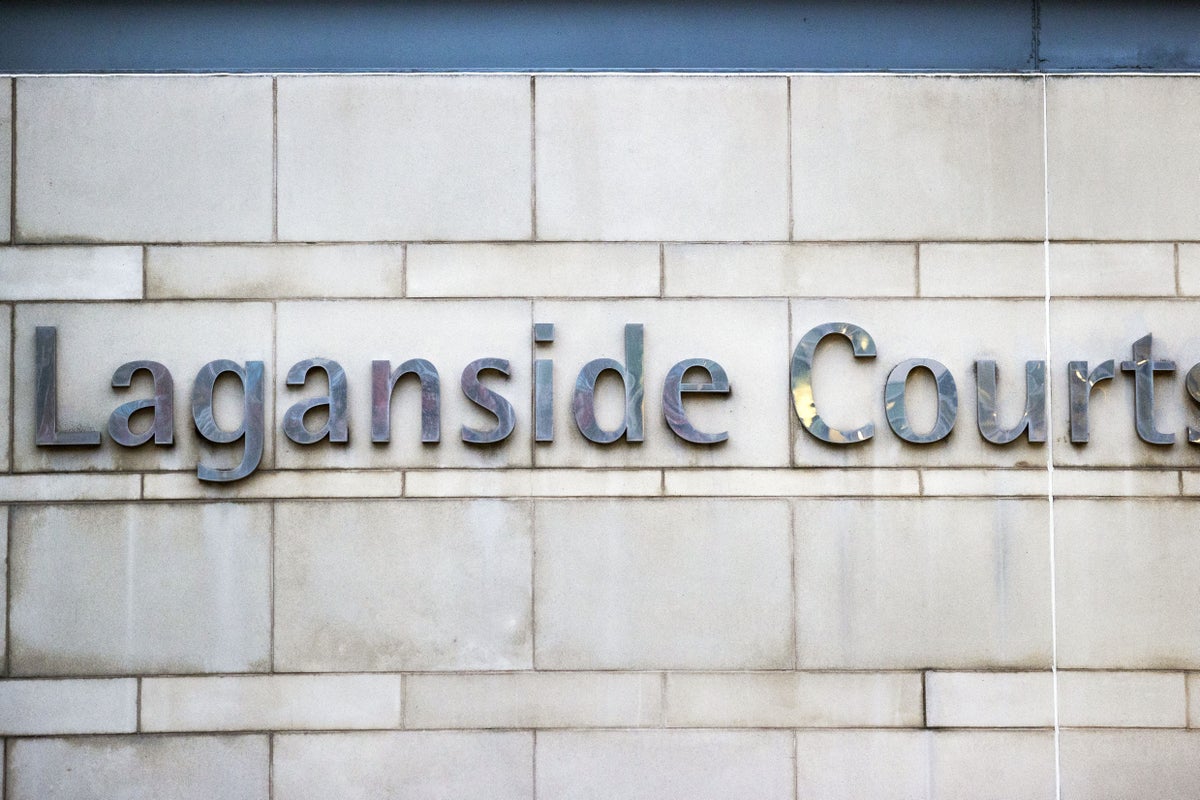
The first stage of an inquest into the fatal shooting of a GAA official in Co Londonderry 26 years ago is set to open next month.
Sean Brown, 61, was abducted in Bellaghy by loyalist terrorists and shot dead in May 1997.
He was taken by a Loyalist Volunteer Force (LVF) gang as he locked the gates at Bellaghy Wolfe Tones GA Club in May 1997.
No-one has been convicted of his murder.
A preliminary hearing at Belfast Coroner’s Court, on Wednesday, heard that a date is to be set is to be set in March to hear some available evidence, including a statement from Mr Brown’s elderly widow, and a penned portrait about him by his daughter.
Desmond Fahy KC, for the Brown family, described a “most welcome development”.
“A date for the opening of this inquest is one for which they have waited a long time and we are very heartened to hear that that date will now be identified in March,” he said.
However, coroner Patrick Kinney heard of a number of challenges to preparing other aspects of the inquest.
These include around the disclosure of sensitive material from police and the Ministry of Defence, as well as a lack of response from an Irish Government department.
Mark Robinson KC, for the PSNI, outlined demands on police resources from a number of legacy inquests taking place and being prepared, as well as other litigation demands.
He said a five-year plan to hear legacy inquests has been “significantly compressed” due to the coronavirus pandemic as well as proposed legislation to deal with Northern Ireland’s troubled past.
“While (in this case) the material has been reviewed and directions have been issued, there are a number of outworkings from those notes that will indeed generate further sensitive material for review, and indeed create further documents that will have PII (public interest immunity) contained within those documents,” he said.
Asked about a timeframe, Mr Robinson said that “given the number of variables, it’s impossible to give a timeframe”.
Meanwhile, counsel for the coroner described “another disclosure matter” in terms of a request for assistance to the Irish department of foreign affairs.
It is around an advisory committee during the second police investigation into Mr Brown’s murder, which included representatives from that department.
He said they had written a number of times to the department but, to date, have had “no substantive response”.
“We will look at what the formal process is to see if we can take that any further,” he said.
The coroner is also set to consider whether potential suspects in the case will be engaged with for the inquest.
“A number of individuals were considered suspects by the police service during the various investigations, one of the issues (the coroner) will have to determine is whether, and to what extent, the inquest wishes to engage with those individuals,” the counsel for the coroner said.







